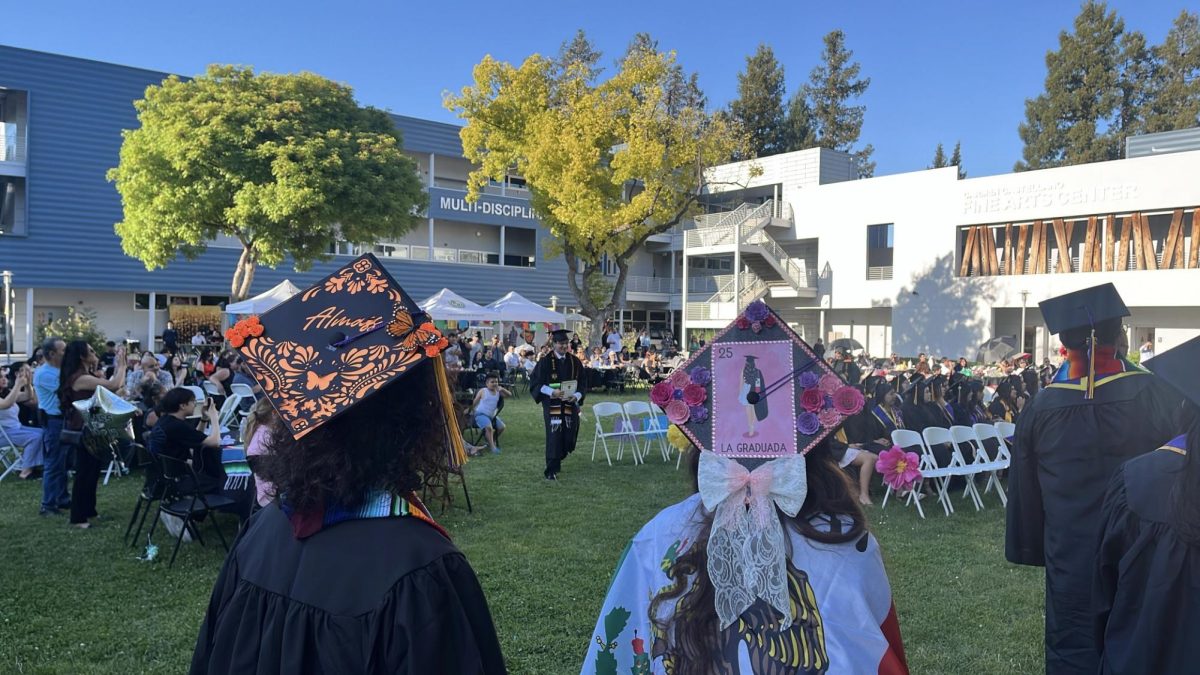Interview #1:
“Hi, my name is Austin Haghpanah. I am 25 years old, I major Child Development at San Jose State University. I have Obsessive Compulsive Disorder (OCD), Attention Deficit Hyperactive Disorder (ADHD), and Autism Spectrum Disorder (ASD). I was first diagnosed around 5 years old. It was very difficult for me while growing up in school because I couldn’t concentrate as well as other kids. I was also blunt towards others, especially when it came to expressing my opinion. When I was around 6 years old, I started speech therapy. My therapist would often tell me to always think before you talk.”
Q: At what age were you first diagnosed with ADHD?
A: I was diagnosed with ADHD and autism spectrum disorder when I was around 4 to 5 years old.
Q: What kind of troubles did you have in school when you were growing up?
A: I had trouble forming relationships with others. I also had a very hard time remaining still and maintaining focus with my school work.
Q: What types of treatments did you receive?
A: I received speech therapy and assistance with my impulsive behavior. I also started taking medication to help me stay focused.
Q: Was it difficult making friends while growing up in school as a child?
A:Yes it was.I used to have a bad habit of interrupting others due to my impulsivity and also lacking empathy towards others due to my spectrum disorder. Body language and visual emotional cues were difficult for me to interpret. I had difficulty following conversations. For the most part, I had difficulty listening or understanding others.
Interview #2:
“Hello, my name is Frank Contreras. I am 52 years old. I have majors in Mathematics and in Psychology. When I was young, the doctors diagnosed me with my disability as Cerebral Palsy. As I was growing up, the teachers thought I wasn’t mentally capable of understanding. But I went to kindergarten and I surprised everyone with the level of how things worked. For example, the alphabet, the way I express myself, the way to conduct with other kids and everyone realized I was mentally competent to go to public school.
When I was in public school, people treated me kindly and I was the popular person. I was able to able to go on from 1st grade through 12th grade with some coordination difficulties. For an example, writing down stories, working on school work. I under- stood everything that was being taught to me. I excelled in Math and Science. But my weakest subjects were English and writing due to the fact of my coordination. I knew how to express myself but when it came to writing it down, I couldn’t write it down due to my coordination.
I graduated from High School in 1987 with a GPA of 3.8, then I went onto college at De Anza for two years to get my prerequisites out of the way. Then I transferred to San Jose State University. My major there was Mathematics and minor in Psychology. I graduated from San Jose State in 1997. Then I got a job as a CPA for Cisco systems and I was with that company for almost 20 years.
On my free time, I began to be a bodybuilder and my disability didn’t stop me. I was lucky to meet older professional bodybuilders like Arnold Schwarzenegger and his friends who are also professional bodybuilders. Due to that, I was featured in a few bodybuilding magazines, The Metro and I came out on the news for leg-pressing 2,000 pounds at a weight of 185 lbs. I did not let my disability stop me from enjoying my life. I was also fortunate to show people that a disability doesn’t stop you from
doing amazing things like meeting Mayors, Congressmen, Presidents, Governors and celebrities. Most of the famous people I met have told me that I am an inspiration to them because I showed that being different was no big deal to me.
When I was 46 years old,I went to a Genetics Doctor to really find out if I was diagnosed with the correct diagnosis and when my medical results came back, they told me that I did not have Cerebral Palsy because someone who has Cerebral Palsy they have an area of the brain that has a gray matter which meant I was misdiagnosed. My real diagnosis is called secondary distornea. My diagnosis is not in my brain, it’s more a body movement disorder. The point I’m trying to make is having a diagnosis like Cerebral Palsy or any other type of disability doesn’t limit you from doing what you enjoy or getting what you want out of life.”
Q: What age were you first diagnosed with your disability?
A: I was first diagnosed at the age of 2 years old.
Q: What were some difficulties for you when you were first diagnosed?
A: I had physical therapy and some occupational therapy. I was in physical and occupational therapy until the age of 7.
Q: Growing up, how did you cope with your disability?
A: I didn’t think too much about my disability because I was able to do most things on my own.
Q: What are some of your strengths when it comes to your personal thoughts about your disability?
A: I believe that I’m a very strong individual that has been humiliated by others. But I’ve always had a positive outlook on life, very confident on the person I am now and I’ve come to realize how truly blessed I am.
Q: Now as an adult, have you come to accept your disability?
A: Yes, I have.
Q: What advice would you give to others about overcoming their own disability?
A: I would say to them no matter who they are, what gender or race you are were all unique individuals, no matter if people see your disability or you try to hide your disability, we’re all brothers and sisters and be proud of who are and be happy with yourself.
Interview #3:
“Hi, my name is Elliott Hansen. I am 32 years old and I have Cerebral Palsy. I majored in Communications at San Jose city college. I was first diagnosed with Cerebral Palsy at the age of 3. I had my first surgery at the same age at Stanford Hospital. I had multiple surgeries between the ages of 6 and 7 years old. In total I’ve had 101 surgeries up until the age of 15 years old. I haven’t had any types of surgeries since eighteen years ago. I’m a technical specialist at Apple. I like to read and play video games.”
Q: What age were you first diagnosed with your disability?
A: At the age of 3.
Q: What were some difficulties for you when you were first diagnosed?
A: Because I was so young I didn’t feel like there were any difficulties.
Q: Growing up, how did you cope with your disability?
A: While going to school it was a little more difficult for me because I saw kids doing things I couldn’t do. The way I coped with my disability was by doing the best I could.
Q: What were some of your personal strengths when it came to your disability?
A: I kept a positive outlook and I didn’t let it stop me or slow me down.
Q: Now as an adult, have you come to accept your disability?
A: Yes I have.
Q: What advice would you give to others about their own disability?
A: Try to maintain a positive outlook about it and persevere.






